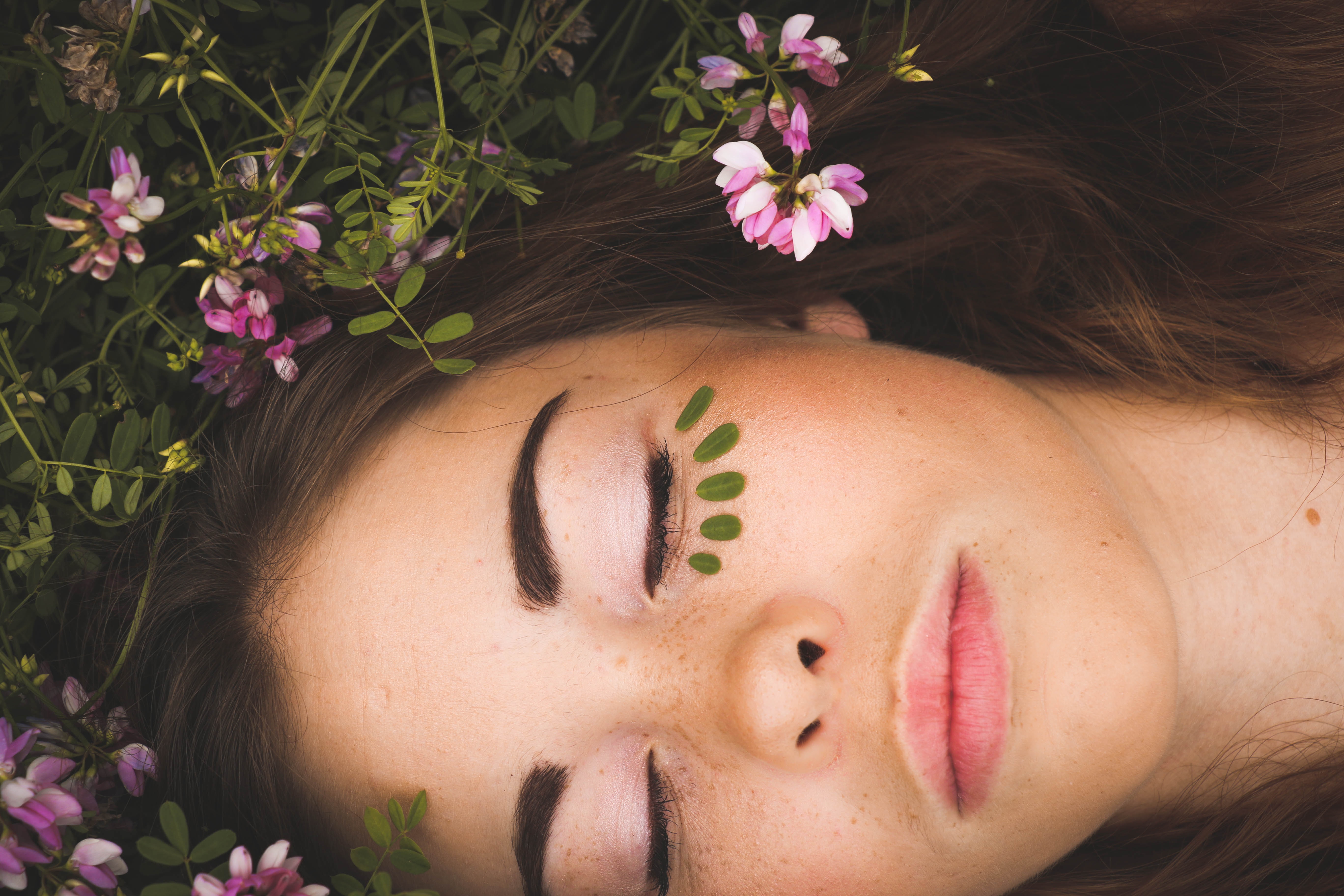
Ever have a full, long day where the thought of crawling into bed at night is running through your mind on repeat? Ever feel very frustrated when once that time comes, sleep is hard to come by? You are not alone!
It’s quite common for adults (and children) to experience difficulty falling asleep at some point in their life. Outside of outlier situations, such as extreme jet-lag or a particularly stressful season at work or home, one of the main reason’s folks struggle to fall asleep is because they are simply still in ‘go mode’ from their day. Unwinding and preparing the mind and body for rest is usually the missing puzzle piece for people who are experiencing difficulty falling asleep.
If you read research and suggestions on how to help infants and toddlers fall sound asleep, one answer is consistent across the board: have a nighttime routine. The purpose of the routine, which may consist of a warm tub, reading a book, and singing a lullaby, is to cue the brain that sleep is coming. It does not need to have ten steps to take an hour. Clear and simple is key. Over time, the brain learns what these few signals mean and will follow allow accordingly by preparing for rest.
It’s not that different with adults, either. Humans are creatures of habit. Creating healthy habits to unwind before bed will yield longer sleep stretches, more restful sleep, and decrease the amount of time it takes to reach sleep.
Your Favorite Show Can Wait Until Tomorrow
Technology serves a lot of great purposes in today’s society. It helps people stay connected, stay informed, and stay productive. Unfortunately, it certainly does not help people fall, or stay, asleep. Devices and screens are a big culprit for keeping our brains too wired and awake at night. The best tip for unplugging before bed, is to quite literally, unplug. Silencing phones, turning off the TV, and closing down the computer for the night is an extremely healthy ritual. Having a set time for the household to power down is also a great idea for families.
The blue lights from screens block the production of melatonin, which aids sleep. A good rule of thumb is powering down 30 minutes prior to bedtime, although many sources argue that an hour or more is best. This allows our brains to begin turning off and preparing for rest. Sleep.org offers a vast amount of helpful information on the topic.
Eat, drink, and be moving!
Taking care of your body throughout the day will help you to unwind each night. Regular exercise has a lot of benefits. It helps produce endorphins (the feel-good hormones) with weight maintenance and fights against infection. It also makes you feel good, mentally and physically – it’s no wonder consistent exercise is a commonly suggested intervention in the mental health community. Moving each day also ensures that when bedtime nears, you are tired enough to actually fall asleep. Yoga and walking are great for beginners who want to incorporate exercise into their day.
Eating a balanced diet and remaining hydrated is also hugely important to your health. Eat the rainbow, incorporating in a variety of fresh fruits and vegetables. Getting enough protein and fiber is also very important. If drinking water all day is a current barrier, try carrying a water bottle – this one from Soma is beautiful and easy to refill on the go. Proper nutrition helps the overall functioning of our entire body, including its ability to wind down and enter into a state of relaxation.
Speaking of relaxation…
Herbal teas are great for unwinding. The ritual of brewing tea each night after dinner is an example of something that triggers your brain to know that sleep is near. Herbal tea typically does not contain caffeine as well, which is ideal for helping the body to prepare for rest. Drinking coffee has its benefits, and many love the social aspect of grabbing a cup of joe with a loved one or colleague, but it can interrupt sleep. If that’s the case for you or you feel jittery, try stopping caffeine consumption by 2:00 pm each day.
CBD oil is proven to aid in sleep, reduce anxiety, and increase aches and pains in the body. There are a variety of ways it can be used, such as topically, taken orally, or used in a favorite recipe. Baking can be quite therapeutic, so this option serves as a great way to unplug and have fun in the process. After taking a warm bath or shower at night, applying Sunsoil CBD coconut oil is essentially bringing the spa to you – a decadent and luxurious way to take care of self while unwinding at the close of a busy day. Relaxation comes in many forms. Unwinding is important for everyone – and the best way to do that may be slightly different for everyone. Spending some time trying out various forms of self-care is the best way to start building your perfect routine. The routine may also be a combination of things or dependent on a certain day. For example, going to a yoga class every Tuesday night could be part of someone’s overall sleep hygiene plan for a given week. For some, it’s listening to classical music on Spotify while they make dinner and/ or pick up their home. For others, it’s reading a very interesting book on the couch with a candle lit. Others enjoy taking a walk after dinner and listening to the birds and enjoying the fresh air and nature. Playing with your kids, connecting with a trusted friend, and writing in a journal are all healthy ways to unwind and de-stress. Have a plan and commit to it. Turn off your phone, take care of your body, and spend a moment in gratitude, reflecting on your day – your body and mind will thank you.

